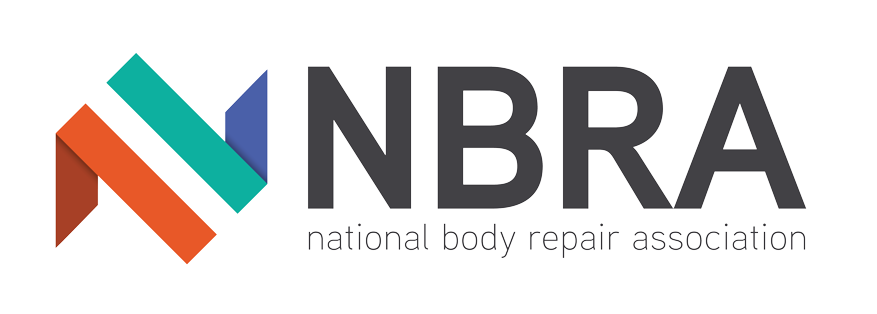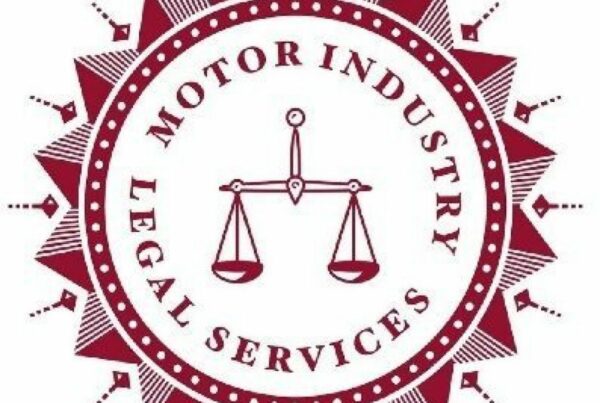
Under the Equality Act 2010, where an employee has a disability, employers are under an obligation to make reasonable adjustments. It is important to note that this duty extends to potential employees. As such, where an applicant is disabled employers are under an obligation to make reasonable adjustments to the interview process. But how far does this duty extend?
In the case of AECOM Limited v Mallon [2023] EAT 104, the employer, AECOM Limited, put in place an online application process that required potential employees to complete a short form and submit their applications online. Mr Mallon contacted AECOM Limited by sending his CV and requesting to make the application orally because of his disability. AECOM Limited responded by email stating that he had to complete the application online, but that they could provide assistance submitting the form if necessary. AECOM Limited made enquiries as to which aspects of the form he was having trouble with. Crucially Mr Mallon did not elaborate as to the nature of his disability, but neither did AECOM Limited make any further enquiries and neither party telephoned the other to discuss the issues. Unknown to AECOM Limited, Mr Mallon suffered from dyspraxia and had difficulty creating the online account and completing the forms.
Mr Mallon was unsuccessful and subsequently issued a claim for disability discrimination.
The employment tribunal upheld Mr Mallon’s claim, based on the requirement to complete the online process. This was found to be a provision, criterion or practice (‘PCP’) that put Mr Mallon at a substantial disadvantage due to his disability. Whilst it was found that AECOM Limited didn’t have knowledge of the precise nature and extent of Mr Mallon’s disadvantage, they had been informed by Mr Mallon that completing an online form was problematic due to a disability., and therefore had constructive knowledge of the condition. AECOM Limited ought to have telephoned Mr Mallon and made further enquiries.
AECOM Limited appealed against the tribunal’s decision arguing, among other things, that the tribunal were incorrect in finding that it had constructive knowledge of the disadvantage to Mr Mallon. The appeal failed.
In conclusion
This case is a reminder that employers have a duty to be proactive when dealing with disabilities. AECOM Limited acted correctly, to a point, but crucially failed to fully appreciate the nature of Mr Mallon’s condition.
An employer cannot ‘turn a blind eye’. This is a point made clear in the EHRC Code which states at paragraph 6.19 that an employer must ‘do all they can reasonably be expected to do to find out whether’ an employee has a disability and is, or is likely to be, placed at a substantial disadvantage.
It is not incumbent upon an employer to make every enquiry where there is little or no basis for doing so. Reasonableness must entail a balance between the strictures of making enquiries, the likelihood of such enquiries yielding results and the dignity and privacy of the employee, as recognised by the EHRC Code.
The EHRC Code gives the example of an employee who has depression and cries at times at work: it is likely to be reasonable for the employer to discuss with the worker whether their crying is connected to a disability and whether a reasonable adjustment could be made to their working arrangements.
We would advise that as soon as an RMI member is aware that an employee or applicant believes they are at a disadvantage due to a medical condition that steps are taken to fully understand the nature of the condition and the disadvantage.
As always, this advice is general in nature and will need to be tailored to any one particular situation. As an RMI member you have access to the RMI Legal advice line, as well as a number of industry experts for your assistance. Should you find yourself in the situation above, contact us at any stage for advice and assistance as appropriate.
Motor Industry Legal Services
Motor Industry Legal Services provides fully comprehensive legal advice and representation to UK motor retailers for one annual fee. It is the only law firm in the UK which specialises in motor law and motor trade law. MILS currently advises over 1,000 individual businesses within the sector as well as the Retail Motor Industry Federation (RMI) and its members.




